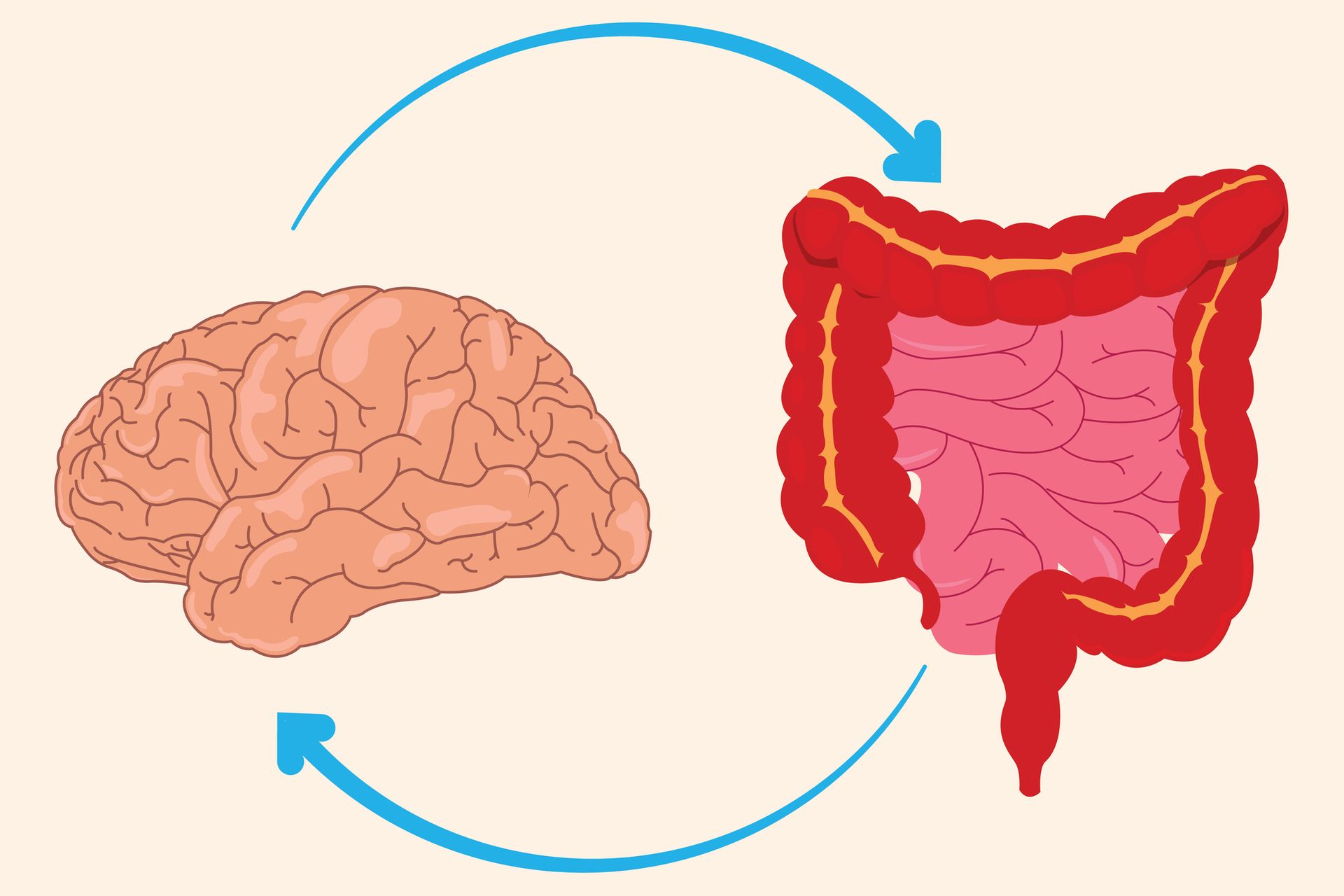Understanding Acceptance and Commitment Therapy (ACT)
In today’s fast-paced world, stress, anxiety, and emotional pain are becoming increasingly prevalent. Traditional therapies, such as Cognitive Behavioral Therapy (CBT), focus primarily on altering negative thought patterns. While this approach has its benefits, Acceptance and Commitment Therapy (ACT) offers a refreshing and powerful alternative that emphasizes acceptance and living a meaningful life despite the inevitable struggles that arise.
In this blog, we’ll dive into what ACT is, how it works, and how you can use its principles to improve your mental well-being.
What is Acceptance and Commitment Therapy (ACT)?
Developed by Steven C. Hayes in the late 1980s, ACT is a form of psychotherapy that blends aspects of mindfulness and behavioral therapy. The core of ACT is built on the idea that trying to control or eliminate uncomfortable emotions and thoughts often leads to more suffering in the long run. Instead, ACT teaches individuals how to accept their thoughts and feelings while committing to actions that align with their values.
At its heart, ACT focuses on psychological flexibility—the ability to adapt to difficult situations without being overwhelmed by them. It encourages living in the present moment, accepting the full range of emotional experiences, and moving forward in a way that is true to your values and goals.
Six Core Principles of ACT
ACT is based on six key processes, each designed to promote acceptance, mindfulness, and commitment to value-driven action:
1. Cognitive Defusion
This technique involves distancing yourself from your thoughts rather than identifying with them. When you "fuse" with your thoughts, you tend to believe them as facts. ACT encourages you to see thoughts as passing events, not truths that dictate your actions.
2. Acceptance
Acceptance in ACT doesn't mean resignation; rather, it’s the practice of allowing emotions, thoughts, and bodily sensations to exist without trying to suppress, change, or avoid them. By accepting discomfort rather than resisting it, you reduce its power over you.
3. Present Moment Awareness
Mindfulness is a key element of ACT. It’s about being fully present and engaged in the moment, without being consumed by worries about the past or future. Cultivating this awareness allows for more intentional and meaningful actions.
4. Self-as-Context
This principle teaches you to see yourself from a broader perspective, recognizing that you are not defined by your thoughts or emotions. You are the context in which thoughts and feelings arise, which creates space between you and your inner experiences.
5. Values Clarification
ACT emphasizes living in alignment with your core values. It helps you clarify what truly matters to you—whether it’s relationships, creativity, or personal growth—and commit to taking meaningful steps toward these values, even in the face of discomfort.
6. Committed Action
Once you’ve identified your values, ACT encourages you to take consistent actions that bring you closer to living a fulfilling life. It’s about doing what matters to you, even when it feels difficult or uncomfortable, rather than waiting for the “right” moment or the absence of negative feelings.
Why Choose ACT?
While traditional therapies can be helpful, ACT offers unique advantages:
- Improved Psychological Flexibility: ACT helps individuals respond flexibly to difficult emotions instead of avoiding or controlling them, leading to greater emotional resilience.
- Focus on Values: By emphasizing values-based living, ACT encourages people to engage in activities that contribute to a meaningful and purposeful life.
- Reduction of Suffering: Instead of attempting to eradicate pain, ACT focuses on reducing unnecessary suffering by changing the relationship you have with your thoughts and emotions.
- Practical Tools: ACT provides practical exercises that are easy to apply in everyday life, such as mindfulness practices, thought defusion, and values assessments.
How Can ACT Be Applied in Daily Life?
ACT isn’t just a therapy for people with mental health conditions; it’s a powerful tool for anyone seeking personal growth. Here are a few ways to integrate ACT principles into your daily routine:
1. Mindful Moments: Set aside a few minutes each day to practice mindfulness—whether it’s through meditation, breathing exercises, or simply being aware of your surroundings. Focus on being present, even during mundane tasks.
2. Accepting Uncomfortable Thoughts: When a difficult thought arises, instead of fighting it, try acknowledging it without judgment. For example, “I’m having the thought that I’m not good enough.” Recognize it as a thought, not a reflection of your identity or reality.
3. Clarify Your Values: Take some time to reflect on what truly matters to you. What are the things you value most in life? These values can guide your actions and decisions, helping you feel more connected to your purpose.
4. Take Small, Committed Actions: Choose one small action that aligns with your values and take a step toward it, even if it feels uncomfortable. Whether it’s reconnecting with a friend, pursuing a hobby, or learning a new skill, committed action leads to long-term growth.
Conclusion
Acceptance and Commitment Therapy offers a compassionate, mindfulness-based approach to mental health that focuses on accepting our thoughts and emotions rather than battling them. By learning to be present, clarifying our values, and committing to meaningful actions, we can cultivate psychological flexibility and live a life that aligns with our deepest aspirations.
If you’re feeling stuck, overwhelmed, or unsure of how to move forward, ACT can provide you with the tools and mindset shifts needed to embrace life’s challenges and move toward greater fulfillment. And while therapy is a great place to start, ACT’s principles are valuable for anyone who wants to live with intention, no matter their circumstances.
















